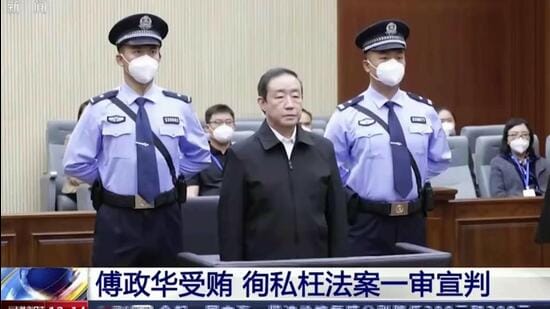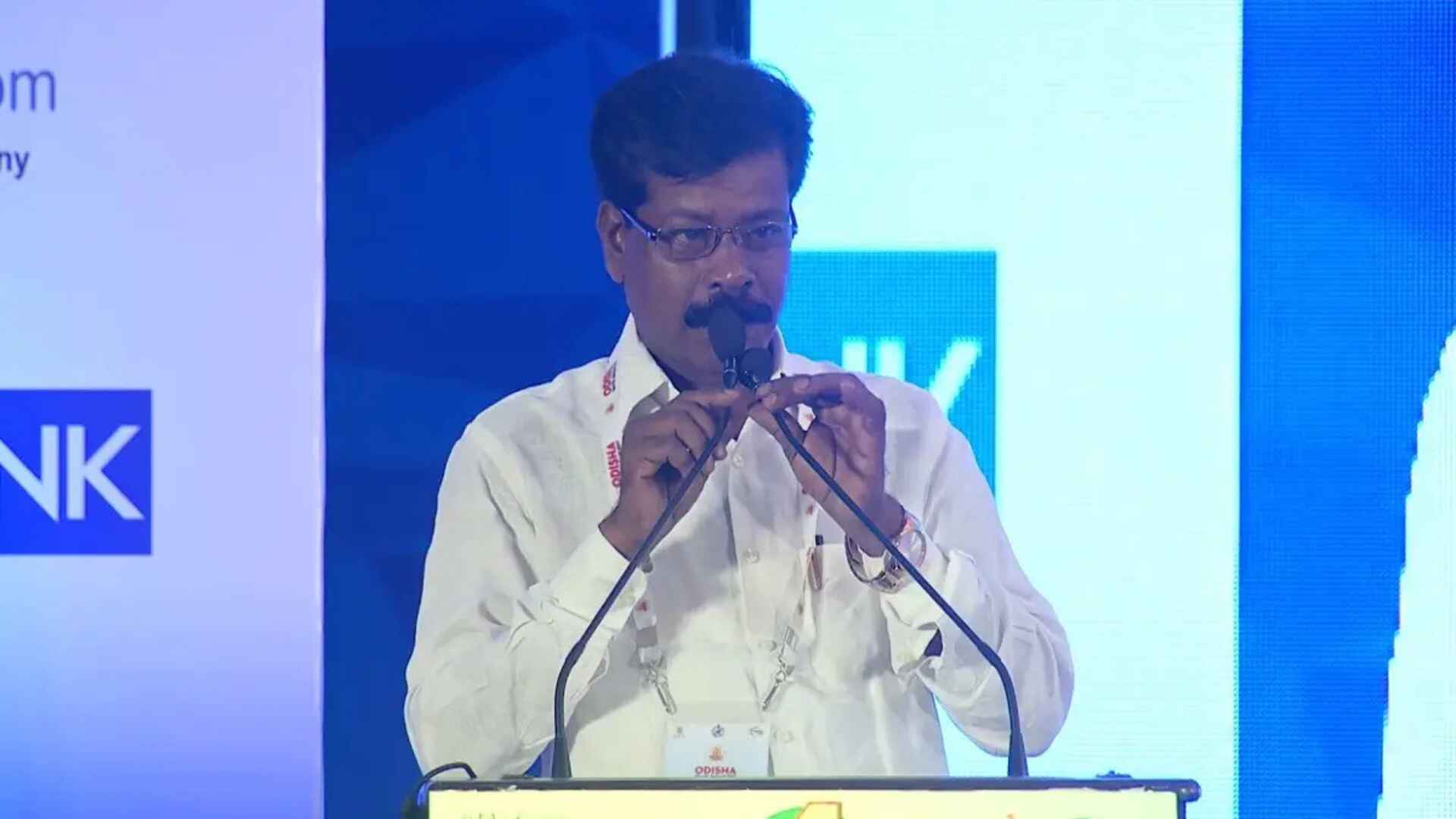A former justice minister who spearheaded high-profile graft probes during his tenure was sentenced to death on Thursday with a two-year reprieve for taking bribes and “bending the law for personal gains,” according to the report.
Fu Zhenghua, 67, was also the head of Beijing’s municipal public security bureau and vice-minister of public security.
Fu’s arrest comes just weeks before the Communist Party of China (CPC) congress in October, indicating President Xi Jinping’s continued emphasis on “taking out the tigers” of corruption, as part of the anti-graft campaign he launched a decade ago.
As vice-minister, Fu oversaw a high-profile corruption investigation into Zhou Yonkang, China’s top security official who retired as a member of the Communist Party’s politburo standing committee, the country’s highest decision-making body; Zhou was sentenced to life in prison for corruption in 2015.
Fu, who became Justice Minister in 2018, was a rising star until he was deposed in 2021 on corruption charges.
“Fu, former deputy head of the Committee on Social and Legal Affairs of the National Committee of the Chinese People’s Political Consultative Conference (after his tenure as justice minister), was accused of bribe-taking and bending the law for personal gains,” said a report on Thursday.
Prosecutors told the Jilin court that Fu used his position to seek gains for others in business operations, official positions, and legal cases.
The court was told that he illegally received “money and gifts worth 117 million yuan ($17.3 million) either directly or through his relatives.”
Prosecutors stated in July, when the trial began, that “during his tenure at the Beijing Municipal Public Security Bureau, Fu purposefully shielded his brother, who had severely violated the law, from criminal prosecution.”
The Central Commission for Discipline Inspection (CCDI), China’s anti-corruption watchdog, previously stated that Fu was a member of Sun Lijun’s “political gang,” which was deposed and prosecuted in 2021 for bribery, stock market manipulation, and illegal gun possession.
Fu pleaded guilty and expressed remorse in his final statement to the court in July.
A death sentence with a reprieve under Chinese law usually means that the sentence could be commuted to life in prison at the end of the two-year term, depending on the accused’s behaviour.
According to China watchers, President Xi Jinping’s decade-long anti-corruption campaign has been one of his signature campaigns, and it has also been used to purge rivals and the disloyal.
When he took over as General Secretary of the Communist Party of China (CPC) in November 2012, Xi identified “corruption” as one of the primary “pressing issues” China faced.
Since then, the campaign has centred on “swatting the flies” and “taking out the tigers,” with “flies” representing low-ranking officials and “tigers” representing high-ranking officials.
According to a report, discipline inspectors across the country had dealt with nearly 4.4 million cases involving discipline violations as of April 2022, involving 4.7 million people.













